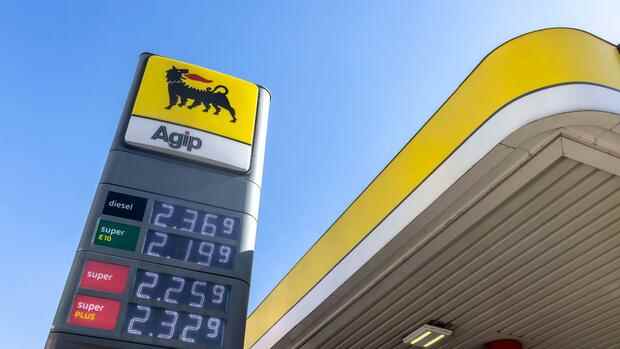The corporations make margins.
(Photo: IMAGO/Arnulf Hettrich)
At first glance, the “tank discount” introduced by Federal Finance Minister Christian Lindner may appear questionable in terms of regulatory and distribution policy. But for now it is a creative proposal worth discussing. Because it is undeniable that commuters, families and craftsmen need to be relieved as quickly as possible.
Critics now say that Lindner’s tank discount is too bureaucratic and interferes with the price mechanism. According to the economics academics, this is a regulatory sin.
What they don’t take into account: the price of petrol is determined by state taxes to 70 percent anyway. So when the state intervenes in the price mechanism, it has been doing so for decades.
In addition, there is the cascade effect: with every price increase, the VAT burden on the liter of petrol also increases. Nevertheless, a VAT reduction is the wrong way. Because indirect taxes have an indirect effect.
Top jobs of the day
Find the best jobs now and
be notified by email.
If the VAT is reduced at short notice, as in the Corona times, it is not known who will be relieved. It is reasonable to assume that the mineral oil companies will not pass on the relief to their customers. That’s why a discount system like the one Lindner intends to use is more targeted than the critics want to admit.
>> Read more: New state aid in sight: economy demands “quick and unbureaucratic regulations”
Corporations are making margins under the guise of the Ukraine war
The Greens are also complaining: Supposedly it would only be about the socially disadvantaged who are suffering from the exploding energy prices. That’s just plain wrong. It affects many private households and especially small and medium-sized businesses.
For the Greens, this is a political problem. They want high energy prices to drive decarbonization. But they reckoned without the warlord in the Kremlin. With his invasion of the Ukraine, he triggered, among other things, an energy price shock that has it all.
That was how it was in Germany in peacetime in the 1970s. This oil price shock led straight to stagflation. There was no growth but high inflation rates. Even before the war in Ukraine, the current currency devaluation was in frightening regions. If a war-related recession comes now, we’ll have an economic situation where car-free Sundays are pure folklore.
Of course, Lindner’s proposal does not solve the problem of the sharp rise in energy prices alone. You need a whole mix of measures. For example, the already announced complete abolition of the EEG surcharge.
By the way, the warehouses for gasoline are full. The corporations are making real profits under the guise of the Ukraine war. That would be an issue for Federal Economics Minister Robert Habeck, who is responsible for competition at the gas stations.
More on this: Lower Saxony’s Prime Minister Weil for a reduction in VAT on energy.
